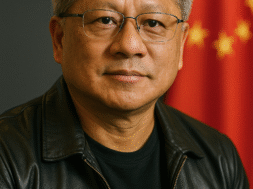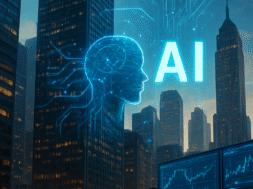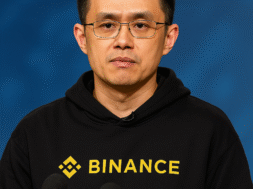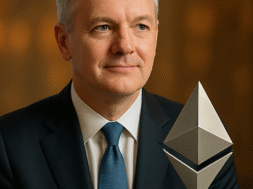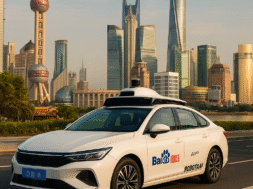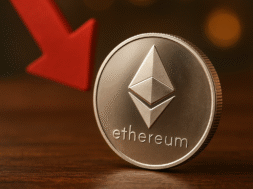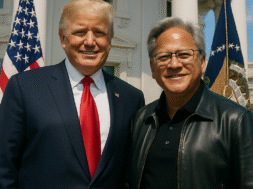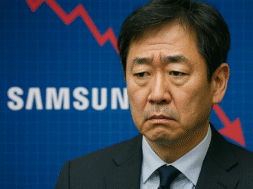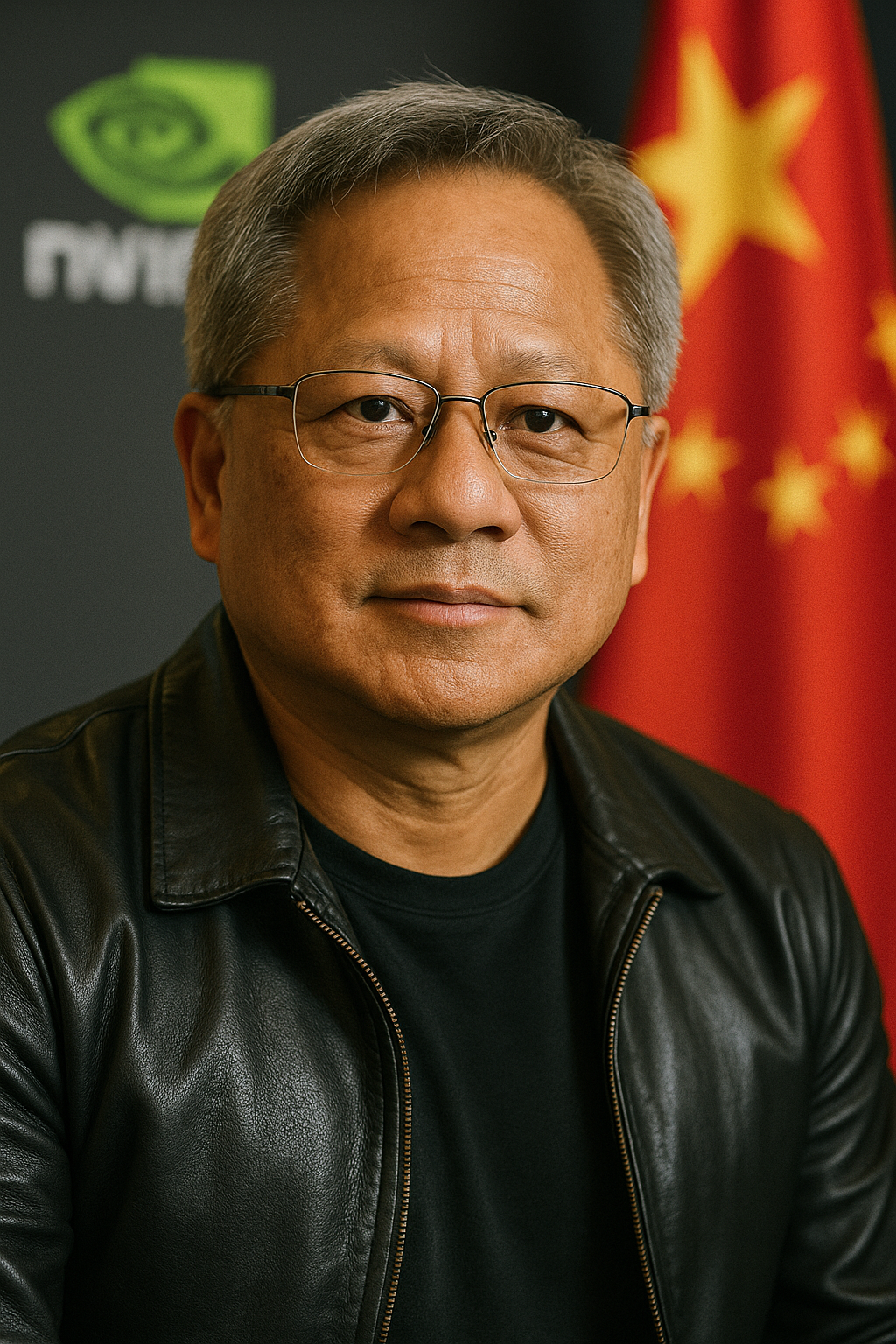
Nvidia CEO Plays Diplomatic Balancing Act, Says China Doesn’t Rely on U.S. AI Chips for Military
Nvidia CEO Jensen Huang has downplayed U.S. concerns that his company’s advanced chips could empower China’s military, as he prepares for a return trip to the country amidst intensifying geopolitical pressure.
Speaking in a recent interview, Huang said Chinese forces wouldn’t depend on American technology like Nvidia’s because such access could be restricted at any moment. “There’s already significant computing power within China,” he noted, suggesting that domestic capabilities limit reliance on U.S. chips.
His remarks come amid ongoing U.S. export restrictions that ban the sale of Nvidia’s top-tier AI chips to China. While defending American innovation, Huang criticized the limitations as counterproductive, arguing that in order for the U.S. tech stack to remain the global standard, it must be accessible to all developers—including those in China, who represent roughly half of the global AI talent pool.
Despite newly enforced rules costing Nvidia a large chunk of its Chinese market share, Huang remains committed to engaging with both sides. He is reportedly overseeing the development of export-compliant chips and navigating complex diplomatic terrain. Just last week, he met with former President Donald Trump and received warnings from U.S. officials against interacting with Chinese firms linked to military or intelligence activities.
Industry expert Daniel Newman described Huang’s strategy as walking a “tightrope,” aiming to preserve Nvidia’s global reach without provoking Washington. While he acknowledged Huang’s careful messaging, Newman warned it’s unrealistic to believe advanced chips wouldn’t be useful to foreign militaries—including China’s.
Recent reports indicate that Chinese AI firm DeepSeek, which has utilized Nvidia’s chips, may be assisting military and intelligence operations. Huang acknowledged these concerns but argued that the open-source model in question, known as R1, hasn’t been shown to pose a threat.
Calling R1 “revolutionary,” Huang emphasized the importance of open-source innovation in democratizing AI for startups, industries, and nations alike. He concluded by highlighting the complex but mutual dependence between the U.S. and China in the tech arena, advocating for competitive respect rather than hostility.
